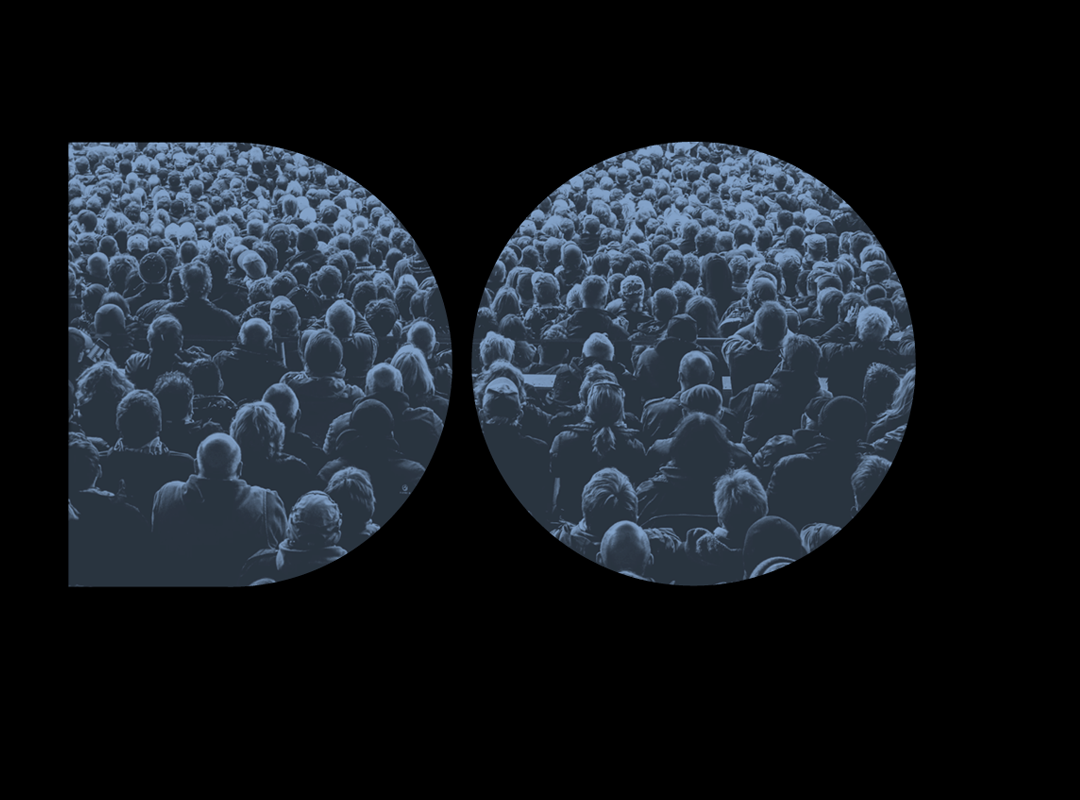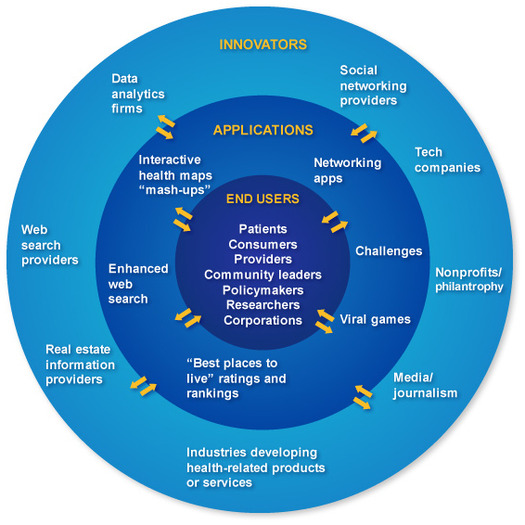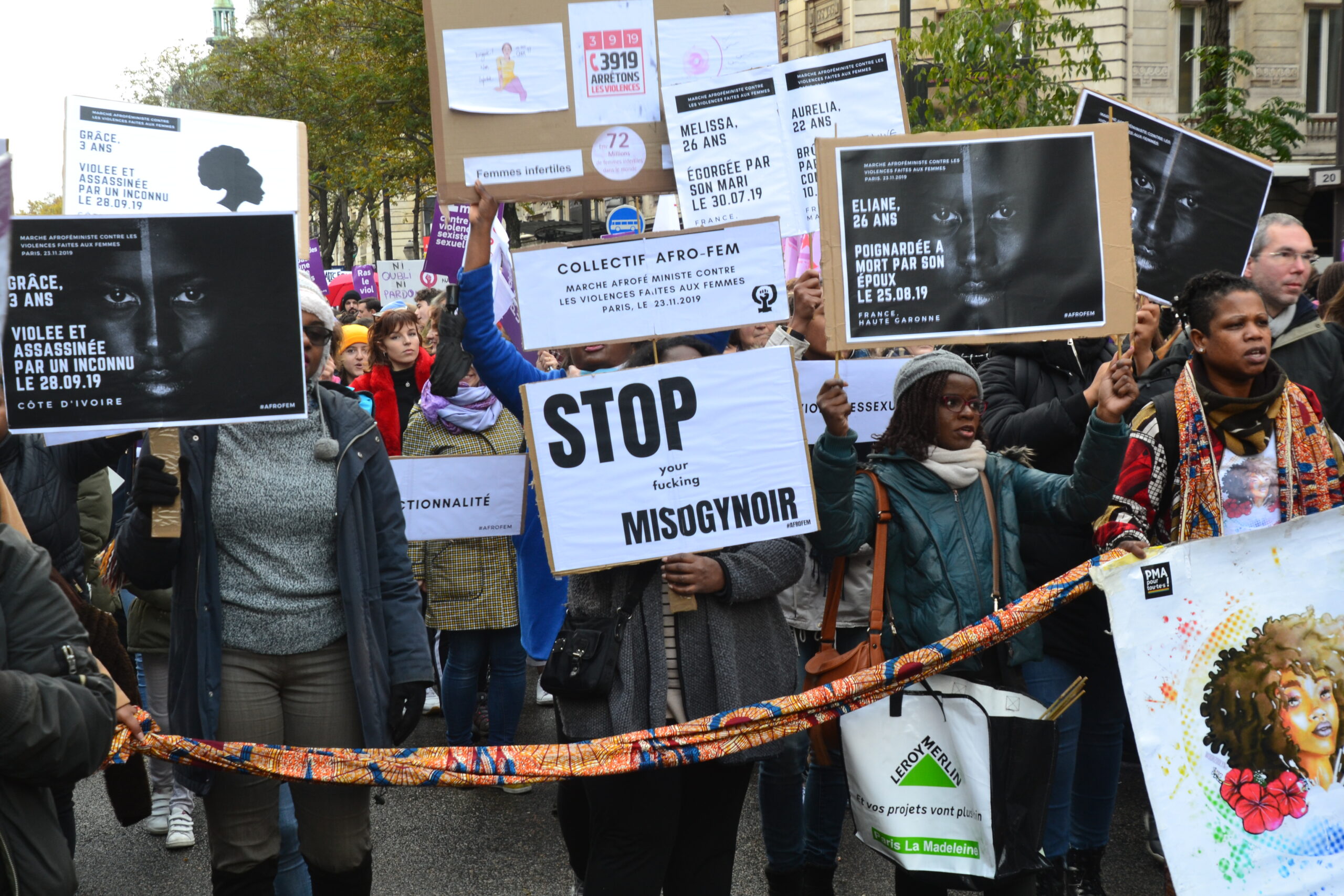
June 7, 2013
Trust Is Not An Algorithm

Illustration from http://www.hhs.gov/open/
By some accounts the world’s information is doubling every two years. This impressive if unprovable fact has got many people wondering: what to do with it?
Many big brands hope that the analysis of Big Data will give them a ‘360 degree view’ of customers: Who they’re interacting with, where they shop, how they think about a bank, hotel, or store.
Banks and insurance companies are especially fired up by the prospect that Big Data will yield more accurate and profitable pricing models. They’re also keeping a nervous eye on start-up land where a queue of newbies perceive an opportunity to re-design financial services from scratch. Some of the latter are launching peer-to-peer insurance platforms that allow individuals to develop their risk pools without the participation of major insurers. Others have built platforms to sell risk coverage on-demand, as micro-transactions: “You want to ski off-piste? Click here and you’re covered”.
In Malaysia, you can already buy lifestyle insurance, as it’s called, from a Facebook page. In the UK, special insurance cover for Chihuahua owners is available right now.
In the so-called health care ‘space’, open data advocates are confident they can help citizens better understand different kinds of treatment. Improved citizen awareness, they argue, will spark action to improve performance. There is evidence that health outcomes improve when patients have access to shared healthcare information in ways that allow them to compare treatments with others like them.
Nearby, in the Personal Data Economy space, the promise of ‘self-knowledge through numbers’ has spawned dozens of new ventures. One such, Quantified Self, has become a movement; QS groups meet the world over to devise new forms of ‘self-tracking’
In the world’s city halls, a not-so-small army of consultants is pitching the concept of Smart Cities to beleaguered officials. The promise: collect data from the five billion people now using mobile phones; combine these with data from 50 billion inter-connected sensing and monitoring devices — and lo! the resource efficiency of a city’s transport, energy, industry and buildings can be transformed.
National governments are not immune from the Big Data buzz. Many believe that vast amounts of data generated by Governmental activities can be used to launch new ventures, analyze trends, make data-driven decisions, and solve complex problems . For its more radical advocates, Big Data (and its in-your-face cousin, Open Data) are about more than transparency: They can be the basis of a full read/write” society in which all citizens participate actively continuously in governance.
Big Data, it seems, have become a product category in their own right — and this means new work for design. Many of the smartest designers I know are working on better ways to capture, curate, store, search for, share, transfer, analyse, and visualize, Big Data.
What numbers miss
These opportunities afforded by Big Data are real enough — but they also contain a danger: that we become be so focused on numbers that we lose sight of other opportunities.
Consider, for a start, all the things that matter, but which cannot be counted.
In healthcare, for example medical treatments enhanced by data-driven platforms are but one part of a much bigger picture. Ninety-five percent of person-to-person care happens informally outside the bio-medical system — in the home, and in the community. For insurers and cash-strapped governments alike, this vast upstream world is where innovation is most needed.
We are beginning to understand communities as social-ecological systems in which the health of the system, more than individual interventions, is the priority. Seen through this lens, one of the most important determinants of a community’s health is the time spent by human connectors: the family doctor, the midwife, the teacher, the priest. Communications and data are helpful, even essential, in their work — but their interactions are for the most part relational, embodied and context-dependent. Trust, in communities, is not an algorithm.
The same goes for cities. Embedded systems and analytical tools will clearly be helpful — but what makes cities truly smart are its citizens as they innovate tools and business models to meet daily necessities in new ways.
Another limitation of Big Data: they capture information about transactions in the formal economy where they are most easily monitored. This focus obscures most of the world’s economic activity, which is informal. Seventy five percent of adults in Africa, for example, work in micro-enterprises whose activities barely register in official data. Many of these traders use custom-made means of exchange. The same goes for India: for all the attention paid to India Inc, 90 percent of that huge country’s workers are informal.
A lack of data does not mean a lack of value and potential. Billions of people with low cash incomes meet their daily life needs outside the money economy — for example, through traditional networks of reciprocity and gifts. They survive, and often prosper, within indigenous social systems based on kinship, sharing, and myriad ways to share resources.These activities are socially embedded, so they are hard to count — but they are no less important for that.
This solidarity economy is not confined to the Global South. Across the industrialized North, informal solutions have emerged in response to implosion of the formal economy. More than 50,000 social enterprises are now operating in Britain, for example. And in the US, 40% of the workforce will be freelance by 2020
My biggest concern with Big Data is the prospect that they will give managers and policy makers a sense of being in control when such confidence is not justified. We have incomplete or contradictory knowledge about large-scale, system-wide challenges such as climate change, or resource depletion. Such ‘wicked’ challenges do not lend themselves to data-driven solutions: These interconnected systems influence each other in unknowable ways.
What most worries climate change scientists, for example, is the possibility of an ‘ecological surprise‘. These are unexpected, catastrophic, system-scale transformations that brewing for ages below the measurable surface of events. Being non-linear, such collapse dynamics are impossible to predict.
All Is Not Number
In his book Sacred Economics, Charles Eisenstein charts the long history of our unhealthy preoccupation with data. In Einstein’s account, the problem dates back to the early Greeks. Their emphasis on the primacy of the abstract, he writes, became “an unseen principle that ordered the world”. The ideology of abstraction permeated the DNA of our civilization to the point where, today, the size of the financial sector dwarfs the living economy. For the trader at his computer, as for Pythagoras, “all is number.”
Number-fetishism is associated with an adjacent handicap: binary thinking. The problem with Big Data is not that numbers are bad — it’s that we’ve made them an end-in-themselves in ways that lead us to misallocate time, attention, and resources. BigData can work well in support for online resource-sharing — AirBNB, Uber, eBay and their like — but they’re of modest efficacy to the informal economy where, to repeat, a big majority of the worlds’s citizens subsist.
As Niti Bahn, an informal economy expert, points out, what informal workers most need, but usually lack, is the capacity to plan ahead rather than be perpetually at the mercy of seasonality. This means liquidity (money) — and insurance, too. These needs are being met in an ad hoc way by the mutualization of risk among trusted networks — but incompletely.
The opportunity today reminds me of the ways access to telephony was revolutionised in India. Sam Pitroda’s Public Call Office (PCO) concept, based on the clever sharing of devices and infrastructure, enabled hundreds of millions of people to gain access to telephony for the first time. Pitroda’s innovation was first, to aggregate demand; and second, to scale the service rapidly by involving existing local entrepreneurs. His vision of “an entrepreneur in every street” was realized in vast areas of the country.
Large financial firms, although one doubts that they realise it, are well placed to play a similar role in the regenerative economy that’s now emerging. Unlike an online start-up, they have physical proximity to hundreds of millions of citizens. One global firm I know has 100,000 branch offices around the globe. In its mind, these branches are a regrettable overhead necessary for the ‘distribution’ of financial products to its 100 million customers.
Treated thus, the result is an army of de-motivated sales agents who meet customers once a year to fill in application forms. But they could do so much more. Social trust — unlike the algorithmic kind — is based on embodiment, context, and colocation. These proximity assets could support all manner of socially-useful services.
Inter-generational contracts
Large institutions have a temporal as well as geographic advantage over online start-ups: the capability, should they and their shareholders choose, to act over the long-term.
Most start-ups attract investment on the basis of a profitable ‘turn’ a few years down the line. Big firms, having completed that journey, could provide the slow money, the ‘nurture capital’, that connects directly to the land and to places where investors live.
Big firms have the potential, too, to introduce the inter-generational contracts that social-ecological systems also need, but lack.
Large institutions have a third and vital role to play in devising new ways to take care of ecosystems. Ecological and political researchers have argued for an approach called adaptive co-management (ACM). ACM emphasizes the sharing of rights, responsibilities, and power between different levels and sectors of government and civil society. It means the creation of what climate scientists call social-ecological constellations — fluid collections of people and organisations that learn, continuously, how to share rights, responsibilities, and power between different levels and sectors of government.
This messy, open-ended and demanding work task is easier for a large organisation to support, than a small one. It relies not on data but on a different kind of certainty — a different kind of trust.
Observed
View all
Observed
By John Thackara
Related Posts

Equity Observer
Ellen McGirt|Essays
The Design Observer annual gift guide!

Equity Observer
Ellen McGirt|Essays
Gratitude? HARD PASS

Equity Observer
L’Oreal Thompson Payton|Essays
‘Misogynoir is a distraction’: Moya Bailey on why Kamala Harris (or any U.S. president) is not going to save us

Equity Observer
Ellen McGirt|Essays
I’m looking for a dad in finance
Recent Posts
The Design Observer annual gift guide! ‘The creativity just blooms’: “Sing Sing” production designer Ruta Kiskyte on making art with formerly incarcerated cast in a decommissioned prison ‘The American public needs us now more than ever’: Government designers steel for regime change Gratitude? HARD PASSRelated Posts

Equity Observer
Ellen McGirt|Essays
The Design Observer annual gift guide!

Equity Observer
Ellen McGirt|Essays
Gratitude? HARD PASS

Equity Observer
L’Oreal Thompson Payton|Essays
‘Misogynoir is a distraction’: Moya Bailey on why Kamala Harris (or any U.S. president) is not going to save us

Equity Observer
Ellen McGirt|Essays
